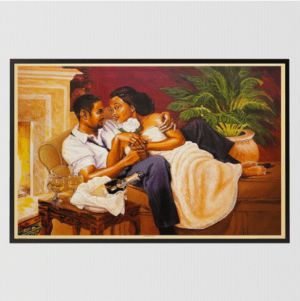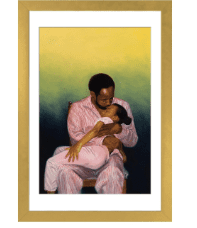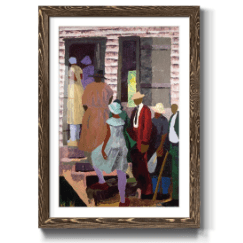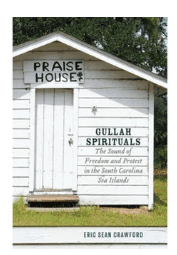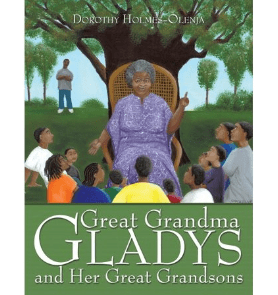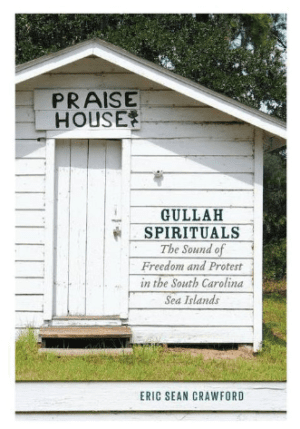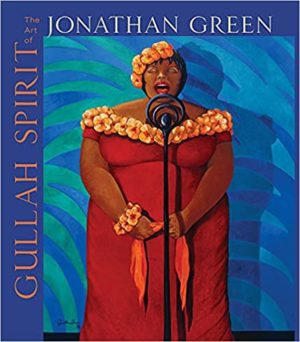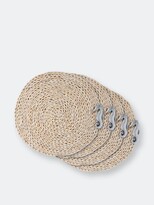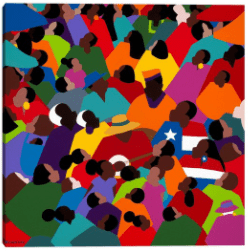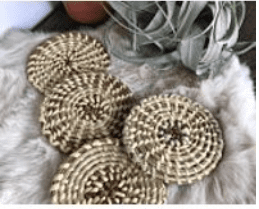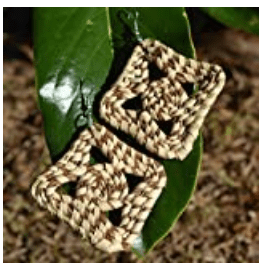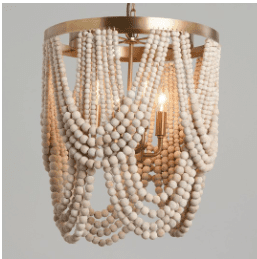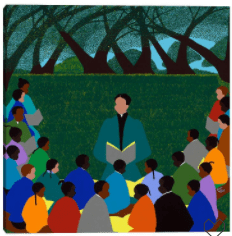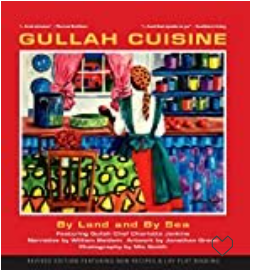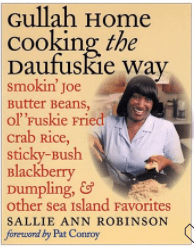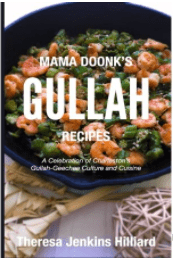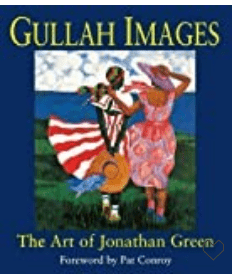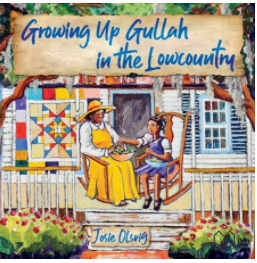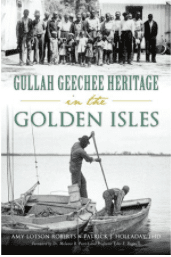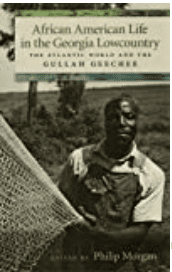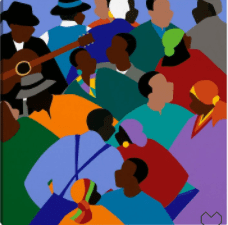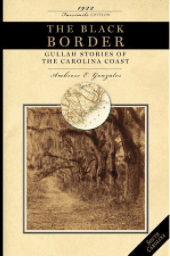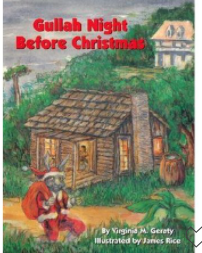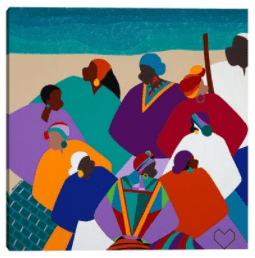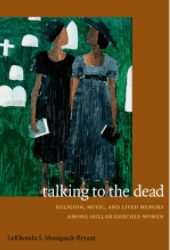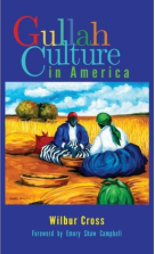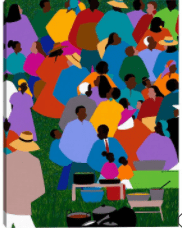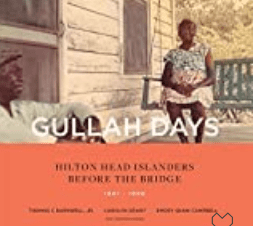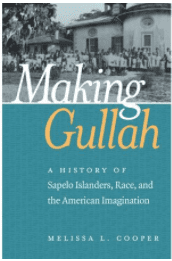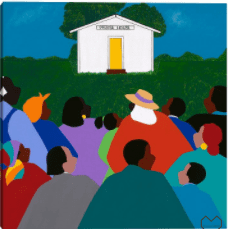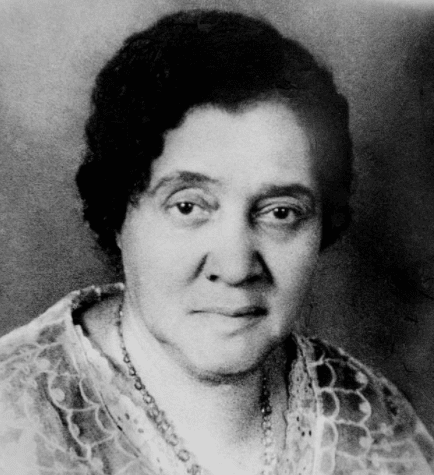
Juno Frankie Pierce (1864 – 1954) was the daughter of a freedman and enslaved woman, who worked tirelessly to advance causes for black girls and women throughout her lifetime.
Educated at the HBCU Roger Williams University in Nashville, Frankie Pierce became a teacher and then opened the Tennessee Vocational School for Colored Girls, which opened in 1923. The school was for a state-supported vocational school for delinquent black girls as an alternative to prison and jail.The Tennessee General Assembly passed a bill creating the Tennessee Vocational School for Colored Girls on April 7, 1921, a year after the federal government gave women the right to vote. Pierce was a strategist and organizer who understood that the school would become a reality if women voted and lobbied for its existence, so she worked as a suffragette who fought for women, especially black women to vote. Tennessee ratified the 19th amendment in 1919, which gave women the right to vote before it became national law. She organized and led over 2,500 black women to the polls.
Pierce addressed the Tennessee League of Women Voters, held in the Tennessee Capitol in May 1920. She asked several hundred white women, “What will the Negro woman do with the vote?” By the end of the convention, the League committed to supported her school for black girls.
Voting and education were not the only battles she led, fought and won in Nashville. A significant win for Frankie Pierce involved her marching to the mayor of the city’s office, demanding public restrooms for black women in downtown Nashville. As a result, Montgomery Ward installed restrooms for black women in its store.
The woman who used her negotiating and coalition-building savvy to help black girls and women has been honored with a park named after her. MSN/Tennessean says the new Frankie Pierce Park is “2.5-acre green space, located within view of the state Capitol building where Pierce once spoke, connects Capitol View to a countywide greenway system of nearly 100 miles of paved trails via the Gulch Greenway extension that runs through the park.
It features sand volleyball, a children’s playground, a dog park and yoga lawn, and it addresses a continued demand for green space downtown as Nashville’s development boom swallows up city blocks and public park partnerships with private developers is encouraged to reduce gray area.
Pierce’s lifetime of social service efforts often benefited residents in the Capitol View district, a place formerly known as Hell’s Half Acre, making it fitting to remember her there.”
© First Baptist Church Capitol Hill Frankie Pierce was one of the female leaders involved in Tennessee’s ratification of the 19th Amendment in 1920.
